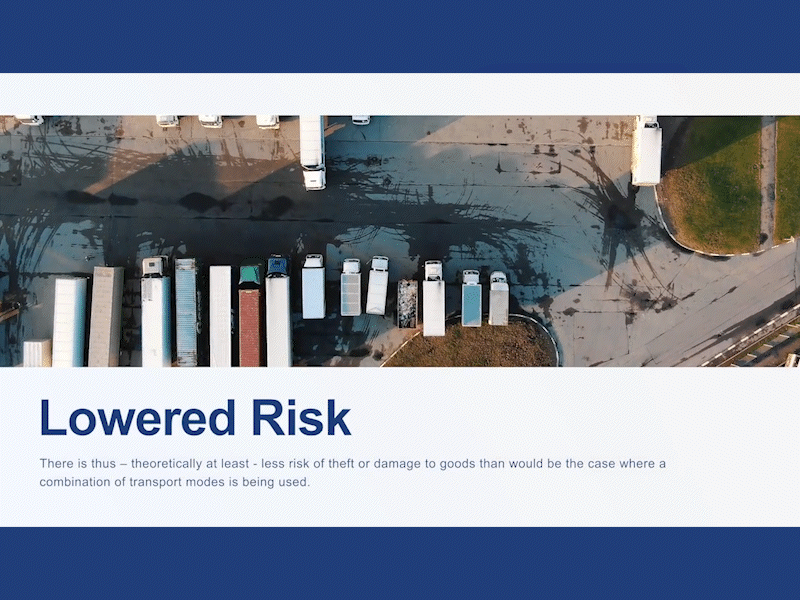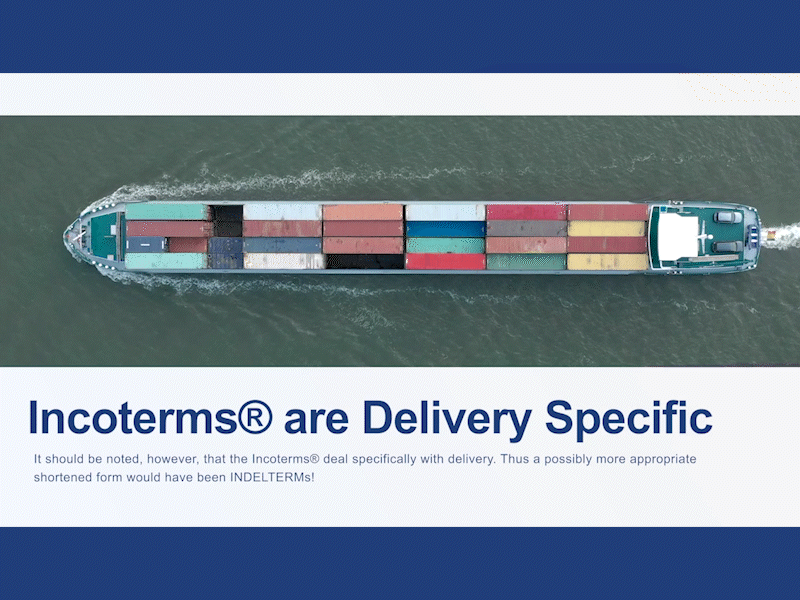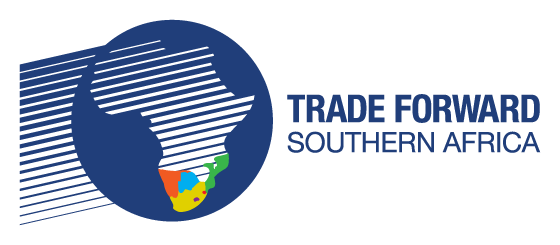Selling your product to a Swedish consumer located in Sweden who frequently experiences snow is likely to be completely different from selling your product locally in sunny Southern Africa. Export sales, much like domestic sales, come with their fair share of challenges but by anticipating them and having the right tools and knowledge in your repertoire, these can be overcome. Here are five challenges associated with export sales to anticipate:
Language Barriers
The first challenge is the language barrier. It may happen that you deal with a buyer who speaks a language that differs from your own. Naturally, communication will have to happen in a third language which may lead to misunderstandings. Furthermore, dialects across the world differ tremendously, for example, Portuguese spoken in Mozambique is very different from Portuguese spoken in Brazil.
Cultural Differences
Expanding across borders means having to expose yourself to cultures that differ from your own. In South Korea, for example, both hands must be used when giving or receiving things from other people, whether your business card or a gift. Not only learning the culture, customs, and etiquette of a country but also respecting them, is a good way to win over your potential buyers.
Political and Legal Environments
The news is a constant reminder of the changing political and legal environments in countries all over the world. It is of vital importance to assess the risk of conducting business with a foreign company. Far too often companies risk it all entering a political and legal environment they don’t understand.
Differing Climates
When the northern hemisphere experiences summer, the southern hemisphere experiences winter, and vice versa. Planning to sell your range of thick, cashmere jerseys to buyers in a country where the maximum temperature is reaching 40°C, for example, might be an idea you will need to revisit. Climate will not only influence the demand for your product but will have a direct impact on the functionality of your product.
Documentation in the Successful Conclusion of Sales
Documents play a major role in international trade – they are required for customs clearance, consignment delivery, and insurance claims, amongst others. Making sure that the required documents are in order and free from defects will save you from potential challenges ahead.
When creating relationships with your foreign buyer, a language barrier may come between you, especially if the common language is a second or third language! Not being acquainted with the different cultures of your chosen foreign market may influence your ability to do business. Choosing to do business with a company with an unstable political and legal environment can put you at risk. Your chosen foreign market’s climate may affect the demand for and functionality of your product. And lastly, always ensure your documentation is in order. For more information on the challenges associated with export sales and other topics to help you become a well-versed exporter, check out Module 2: ‘Determining your company’s export readiness’ on the TFSA School of Export’s learning platform.
To sign up to the School of Export CLICK HERE.
If you already have a profile, CLICK HERE to login to begin the module.










Leave a Reply